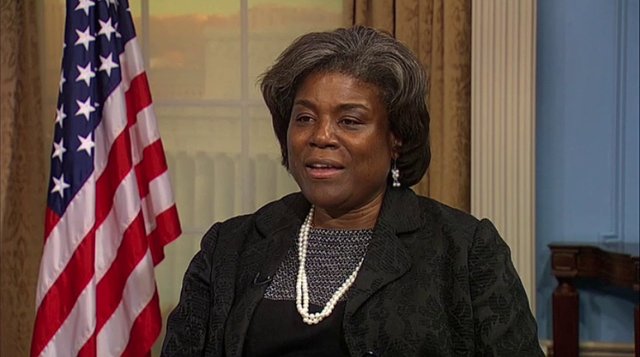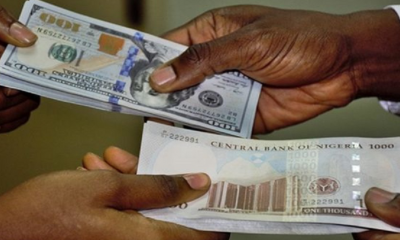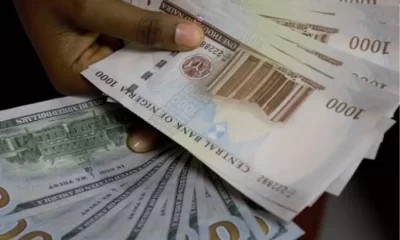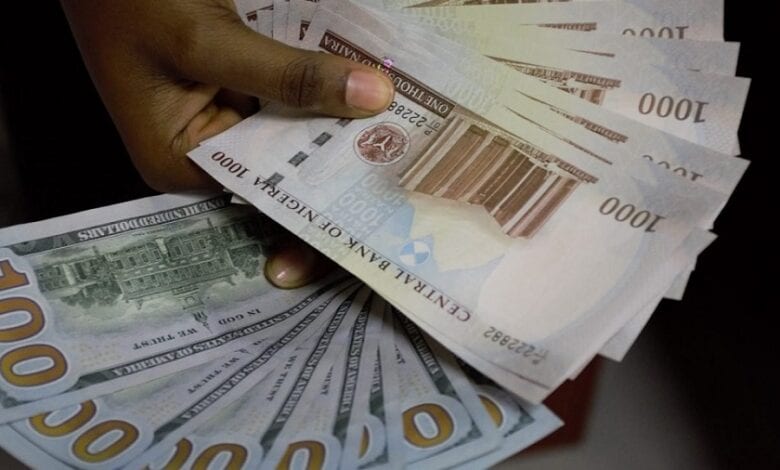The United States has argued that Nigeria should ensure that the value of the naira currency against the US dollar be made more realistic to boost growth and investment in the country.
United States Assistant Secretary of State for African, Linda Thomas-Greenfield while addressing the US Institute of Peace said the United States would press Nigeria in talks to look at the exchange rate and try to make the exchange rate more realistic to what the value of the naira is to a dollar.
She spoke before talks in Washington to be launched by Secretary of State John Kerry tomorrow and which will focus on Nigeria’s economy, security and development.
Thomas-Greenfield said the parallel currency market in Nigeria was “alive and well,” warning that a rigid exchange rate, capital controls and import bans could undermine President Muhammadu Buhari’s efforts to expand economic growth and fight corruption. Buhari has rejected the idea of devaluing the naira.
ALSO SEE: MPC decisions heighten exchange rate pressures
“Capital controls that limit access to foreign exchange rewards insiders and undermines the stated goals of Nigeria to increase domestic production because both Nigerian and expat investors alike tell us many businesses are unable to obtain the capital to purchase badly needed intermediate goods,” she said.
Nigeria faces its worst economic crisis in decades as the falling price of oil has slashed revenues, prompting the central bank to peg the currency and introduce curbs to protect foreign exchange reserves, which have fallen to an 11-year low.
The naira trades some 40 percent below the official rate on the black market versus the dollar. The central bank last year pegged the exchange rate to curb speculative demand for the dollar and conserve foreign exchange reserves after it restricted access to hard currency for imports of certain items, frustrating businesses.
The International Monetary Fund called on Nigeria to lift the curbs and let the naira reflect market forces more closely, as the restrictions have significantly affected the private sector.

 Comments and Issues2 days ago
Comments and Issues2 days ago
 Business6 days ago
Business6 days ago
 Business1 week ago
Business1 week ago
 Business1 week ago
Business1 week ago
 Business5 days ago
Business5 days ago
 Education7 days ago
Education7 days ago
 Comments and Issues5 days ago
Comments and Issues5 days ago
 News6 days ago
News6 days ago












